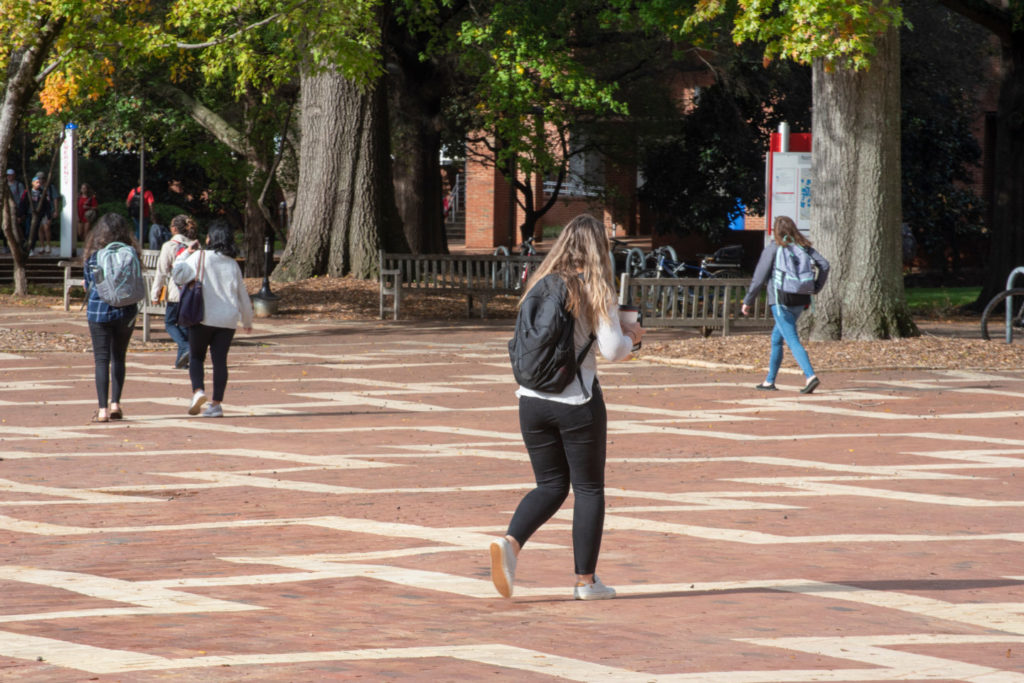Universities continue to slash DEI programs, re-routing funding amid anti-Israel campus protests
The University of North Carolina (UNC), Chapel Hill has become the latest in a wave of higher education institutions gutting Diversity, Equity, and Inclusion (DEI) initiatives that critics call…

The University of North Carolina (UNC), Chapel Hill has become the latest in a wave of higher education institutions gutting Diversity, Equity, and Inclusion (DEI) initiatives that critics call ineffective and divisive.
The school announced this week that it will divert its entire $2.3 million DEI budget to fund enhanced campus security and policing efforts.
UNC joins the ranks of universities in states such as Florida, Texas and Wyoming that are rethinking the emphasis they once placed on DEI programs. The University of Wyoming, amid other changes, will no longer request job applicants to describe their experience with promoting diversity and inclusion, for example.
“Across the country, Americans are notching victories for equal opportunity, freedom of thought, and academic rigor by dismantling DEI programs at public universities,” writes Timothy Minella, a senior fellow at the Goldwater Institute’s Van Sittert Center for Constitutional Advocacy.
“The bodies that oversee public universities – state legislatures and university boards – are waking up to the nefarious effects of wasteful and discriminatory DEI programs.”
Some universities, such as the University of Florida and the University of Texas, have cut their DEI programs to comply with state laws. Legislators in roughly two dozen states have filed bills seeking to prohibit state dollars from funding DEI programs.
UNC’s decision to redirect DEI funds to improve public safety comes on the heels of disruptive anti-Israel protests. Earlier this month, student protesters formed an encampment on campus to demonstrate their support for Palestinians amid the war in Gaza.
W. M. “Marty” Kotis, a member of the UNC Chapel Hill Board of Trustees, authored an op-ed in the North State Journal encouraging lawmakers to “have their eyes wide open to the true nature of these agitators.”
“Yes, they have the right to free speech,” Kotis writes. “But the First Amendment doesn’t give them the right to block roads, destroy property, disrupt university operations, assault people, violate university policies or create situations where students feel threatened by violence on campus. Of the 36 people arrested, only 15 were students and the rest were outside agitators.”
Minella links the uptick in anti-Israel demonstrations on college campuses in recent months with the emphasis on DEI that characterizes modern higher education, calling such protests “the logical endpoint of this poisonous ideology.”
“The educational establishment has indoctrinated students in DEI ideology since their elementary school years, and we are now seeing the baleful results in the anti-Semitism at elite universities,” Minella concludes.



